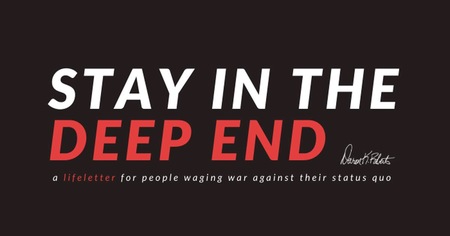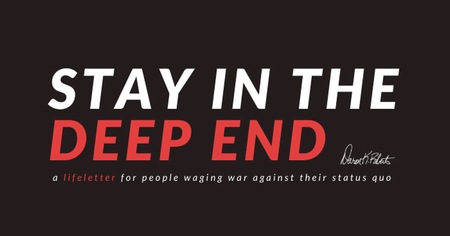The dictionary defines "authentic" as "not false or copied; genuine; real." Wikipedia's description states: "Authentic leadership emphasizes building the leaders' honest relations with followers which value their input and are built on an ethical foundation. Generally, authentic leaders are positive people with truthful self-concepts who promote openness."
How do we do this in real life?
Let's look at outstanding characteristics of authentic leaders and some examples on developing them.
Authentic leadership is grounded in character.
It is critical not just to know your values, but to live them consistently through the challenging and complex decisions you face. Your style may change as you adapt to situations and team members, and your roles may change as you inspire, coach, strategize or even terminate positions. Authentic leaders, however, remain true to their character and inner self through it all.
Tip: List your critical core values. Take time each day to read through them and consider how to live your values consistently through the many situations you face. When you encounter a difficult situation, think about which of your values apply and how to authentically live them.
Authentic leaders are not perfect.
Everyone around us already knows we aren't perfect—and authentic leaders aren't afraid of this reality. They admit mistakes and take responsibility. They apologize when they cause harm. They admit when they don't know the answers and seek help in finding them, because growth and learning is a core value of authentic leaders.
Tip: Authentic leaders see themselves realistically and don't put on a façade. This is not only honest, it builds credibility and trust. Here are a couple of the many phrases I use:
"I don't know the answer to that yet, but I will work on this and circle back."
"I apologize for ___________, because I realize it made things harder for you. Here is what I intend to do ..."
Authentic leaders are real.
Authentic leaders face reality and don't pretend. Rather than deny and avoid, they face difficult situations honestly with courage and compassion. They acknowledge the truth while leading through problems and crises, and around barriers.
Tip: Practice your authenticity by simply naming the truth and facing issues, rather than avoiding them. This facilitates problem solving and teamwork, and promotes a courageous culture. Here are a few examples of phrases I've used in tough situations:
"You can see I'm surprised by that. Let me think about it and get back to you."
"I'm sure my frustration is showing. I'll need some time to sort this out and gain some wisdom and perspective. We will talk about next steps as soon as possible."
"This is a tough conversation, but an important one for us to move forward. Please tell me about _____________".
Authentic leaders listen.
Authentic leaders gain understanding by listening—and they engage in active listening, everywhere. They ask questions and really listen to the answers. They listen to problems, solutions and ideas. They listen to feedback about themselves. They listen not only to spoken words, but also to voice inflection, facial expressions and body language. They listen to each person, regardless of position or title. Through deep and active listening, authentic leaders build trust by valuing others.
Tip: The biggest barriers to listening are assumptions. We assume we know what someone means, what they want, what motivates them. We assume we understand a problem or situation we've heard from a third party. Test your natural assumptions by asking clarifying questions such as:
"Can you tell me more about that?"
"I want to be sure I understand. Can you tell me what ________ means in this context?"
"Please tell me what happened, from your perspective?"
"Let me summarize what I think you're saying, and please tell me if I have this right."
Pay attention to both overt and covert messages to deepen your understanding.
Leadership means inspiring people to give their very best. You'll find that most people are willing to give their best to a cause they believe in, and to a leader they trust. This trust is built through authentic leadership learned by years of personal growth and practice, and honed through both failures and successes. Just like any skill, you'll get better at authentic leadership as you practice it.
And you'll find less stress and more confidence as you become a more authentic leader!
 Written by Doreen Bolhuis, the founder and president of Gymco, Inc. and co-author of the book, Stop Wishing, Stop Whining, Start Leading. This article was originally published on www.westmichiganwoman.com.
Written by Doreen Bolhuis, the founder and president of Gymco, Inc. and co-author of the book, Stop Wishing, Stop Whining, Start Leading. This article was originally published on www.westmichiganwoman.com.




